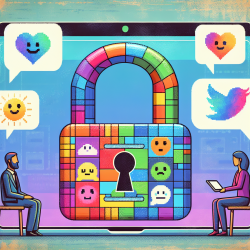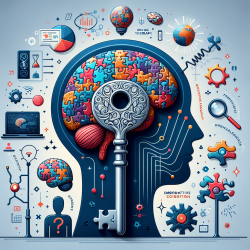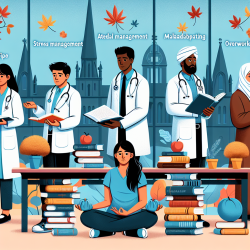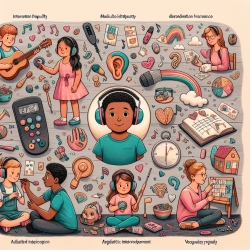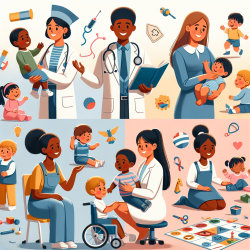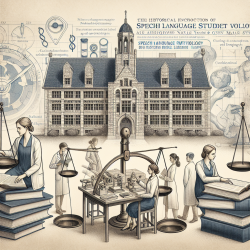In the quest to provide high-quality education for all children, inclusive early childhood education (ECE) has become a significant focus. The recent research article, "Inclusive Early Childhood Education for Children With and Without Autism: Progress, Barriers, and Future Directions," sheds light on the advancements and challenges in this field. As practitioners, understanding and implementing the findings from this research can significantly improve outcomes for children with Autism Spectrum Disorder (ASD).
Key Findings from the Research
The research highlights several barriers to the wide-scale implementation of inclusive ECE programs for children with ASD in the US:
- The fragmented nature of the ECE system in the United States
- The age at which ASD is typically first diagnosed in the community
- The diverse presentation and support needs of children with ASD
- The thoughts and feelings of parents of children without disabilities about inclusion
Strategies for Practitioners
To overcome these barriers, the research suggests several strategies that practitioners can adopt:
1. Embrace Contextually-Based Interventions
Implement learning opportunities for children with ASD within their natural environments, such as home, community settings, and inclusive ECE classrooms. This approach leverages predictable, meaningful, and motivating routines that are developmentally appropriate.
2. Focus on Social Engagement
Successful inclusion requires that children with ASD are actively engaged in their classroom communities. Practitioners should provide individualized interventions and classroom adaptations to ensure active engagement, which goes beyond mere task attendance to include social-emotional engagement.
3. Collaborate with Parents
Work closely with parents to address their concerns and educate them about the benefits of inclusive education. Positive parental attitudes towards inclusion can significantly impact the success of inclusive programs.
4. Utilize University-Affiliated Lab and Model Schools
University-affiliated lab and model schools play a crucial role in creating educational innovations in inclusive ECE for children with ASD. These programs adapt to local conditions and resources, offering valuable insights and strategies that can be replicated in community settings.
Encouraging Further Research
While the research provides a roadmap for improving inclusive ECE, it also emphasizes the need for further research. Practitioners are encouraged to:
- Conduct and publish outcome data to understand the benefits of inclusive learning environments for both children with and without ASD.
- Collaborate with other inclusive programs to collect shared process and outcome measures, which can provide a mechanistic understanding of learning in inclusive classrooms.
- Develop adaptive interventions that guide decisions about combining clinician-delivered interventions with classroom-based inclusive learning opportunities.
To read the original research paper, please follow this link:
Inclusive Early Childhood Education for Children With and Without Autism: Progress, Barriers, and Future Directions.


